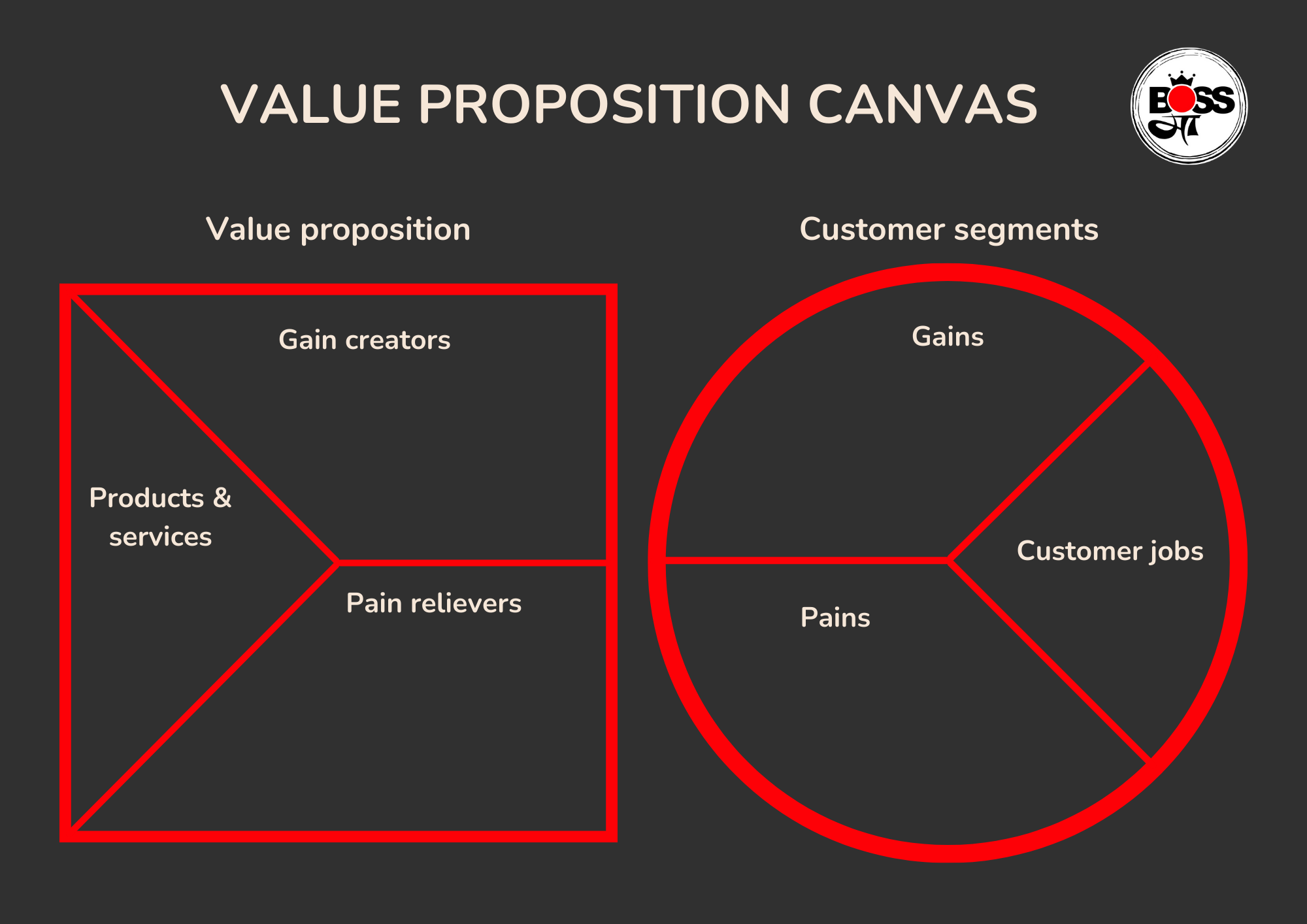“By failing to plan, you are preparing to fail”. These were famous words from Benjamin Franklin.
It is also similar to what Winston Churchill said: “He who fails to plan is planning to fail”.
And without a Business Plan, a business is just not leveraging the power of a plan!
So what is a Business Plan?
According to Oxford, a business plan is “a document setting out a business’s future objectives and strategies for achieving them”. Yeah I know this is wordish and kind of lame too, but give me a chance to expand this term and explain to you what that actually means.
So, in simple terms “a business plan is something which will run your business”. Everything you see around yourself working is based on some pre-planned guidelines. Be it your smartphone or the tube light. And so the businesses do. You need some pre planning, your expectations and an unbiased study of market and consumers while launching your ” business”. And all of this is just in my words a business plan. Got it? Yeah, that’s easy.
Why do we need one?
Before answering this question, I want to ask one from you: ‘Why do you save your money, or build a house with that money?’. Answer is simple: you want a good life after you retire. And all of this happens with planning, with approximately correct estimates for your future.
This is also the case with business planning, we need one because we want our business not just to survive but to thrive at its peak potential.
A business plan has many benefits as it can save us from any sudden financial crisis. A business plan helps us understand our motive for the business, understanding clients and market needs, making efficient management’s role-playing and future growth.
You might have heard this phrase that out of ten startups only one survives within initial years only. And making a best plan for the business can be a step in being one of those successful startups.
How to write a business plan?
Writing a business plan is not a difficult task. But you must be sure about the purpose whether it is for internal or external use. If your organization depends on outside funding, loans or investments from others then handling this task to professionals would be a better choice. There are many people outside who can do this job very efficiently. And if you only care for internal use, it is better to create one by yourself.
A great business plan must be well read, grammatically correct and based on facts and pure data. Because it is something which will bring the engines to your startup. Very well written business plans increase the chance to get outside funding and investments without much hassle. According to a survey, a good business plan increases the success of a business by 30 percent.
To write a business plan, you should have some good writing skills. Some softwares are also available out there to get help in financial documentations and developing market statistics. Even if you are not writing your business plan, you should hold great control over your work because it is a necessity and for a better understanding of your venture. In this term market knowledge is also of great importance for a business plan as it keeps records of customers and competitors. What you should do in order to maintain both of them.
Now, if the purpose of a business plan is to secure a loan or funding, then you should prepare the plan according to the terms of that financial institution.
What does a Business Plan constitute?
Executive Summary: the executive summary is the abstract or crux of our business motive. It tells about our business, its foundations and bases.
Company Description: Company description is about highlighting the goals, customer base and winning out of competition facts. It is the data which tells how we outperform our competitors and what our strengths are in that domain.
Market Analysis: market analysis is all about showing numbers. It is a methodological approach with facts and figures where the businesses tell about their reach in the market. What other companies do and how well they perform. How much money they make and also how much they lose. It is about breaking down the trends of the present industry and creating new ones. This is the place where you should have a better understanding of pros / cons or ins and outs of the market your business is about.
Competitive Analysis: competitive analysis is all about understanding the strengths and weaknesses of your competitors. How to move your venture up against fair competition. What mistakes your competitors are making and how your business will outperform those ones.
Description of Management and Organization: this method is all about explaining and introducing the people behind your management system. Introduce whether your business is in partnership or sole ownership and the people who take care of all those works. You can use flowcharts to explain the whole structure of posts and works of your venture.
Breakdown of your products and services: Since you described your company and its motive, now comes the chance for your products and services. How well they complete customer’s needs and compete in the market. How long will they last and what future they hold. You should mention your suppliers and the cost of making those products, how much profit they will assure you and so on. You should also mention about the copyrights and patents of your products as well.
Marketing Plan: this is where you describe how you intend to get your products and services in front of your target customers. Decide here the ways to reach them, your strategies and budgets.
Sales Strategy: this section is all about the methods of selling your products and providing after services. Break down how many sales reps you will need to hire and how you will recruit them and bring them on board. Make sure to include your sales targets as well.
Request for Funding (optional): in this part of the business plan, you are expected to mention the initial and any possibilities of future funding for your business. Here, you will mention how you’ll use the capital for products and services and ultimately ensure growth of venture. If that is so, then the investors and VCs will invest and give funding to your venture.
Financial Plan: this final section breaks down the financial goals and expectations that you’ve set based on market research. You’ll report your anticipated revenue for the first 12 months and your annual projected earnings for the second, third, fourth and fifth years of business.
Bottom Line: Your business may or will vary with others, but your basic business plan will follow the same guidelines as mentioned above. It should summarize what your business is about and how well you can do it. It should bring upon the trust people seek in businesses. And ultimately ensure enormous growth and facility of your customer through your business, you and people held inside your business.
Let us know where you are stuck in writing your first or latest B-Plan in comments below! Let’s normalize understanding and writing one – no matter how big or small our business!

